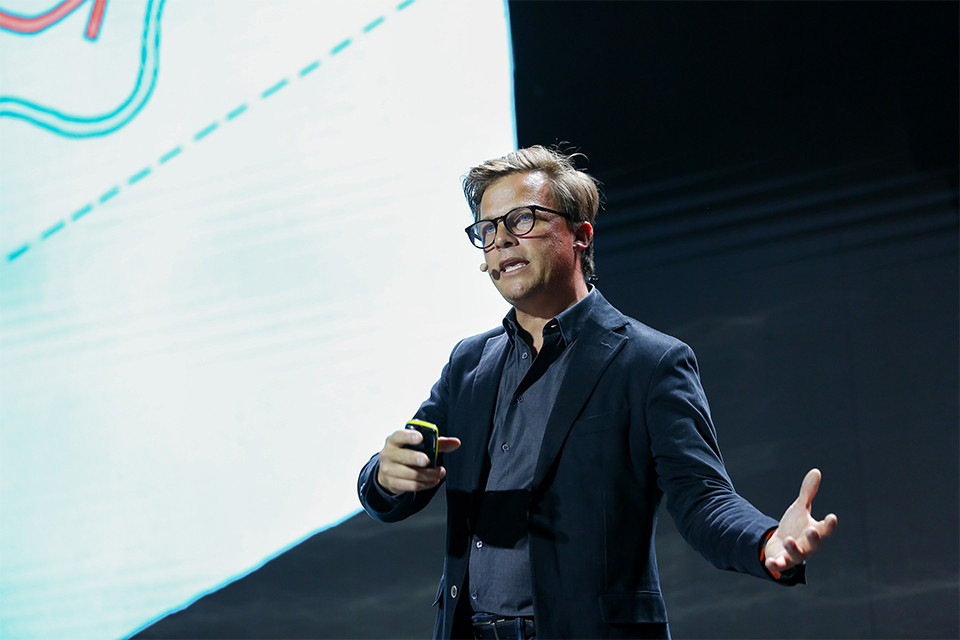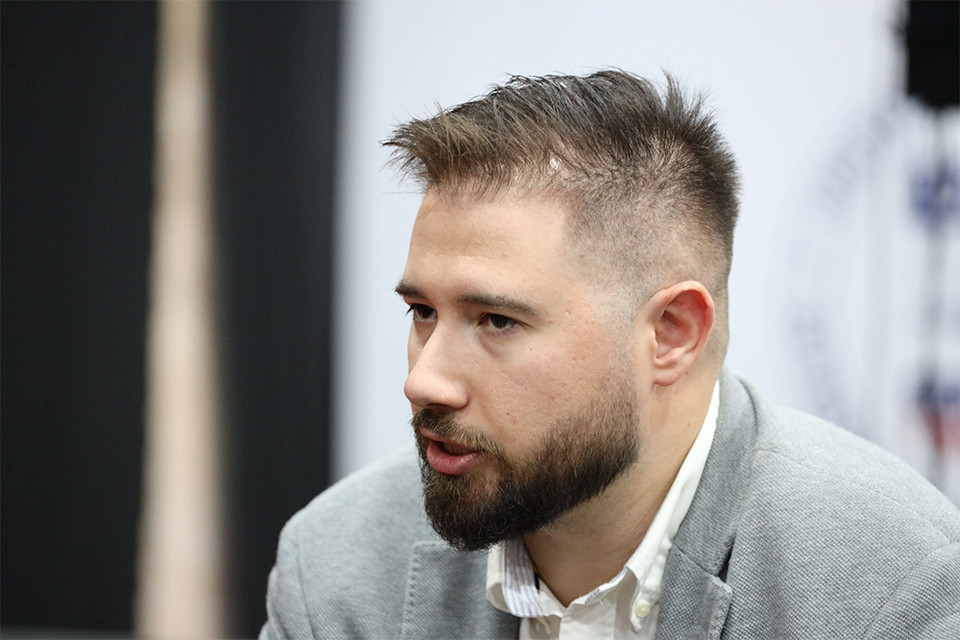-

-

Shakeel Peera with Rajeev Jayaraman
-

-

17:29 | 05.03.25 | Interviews | exclusive 24629
Shakeel Peera: Microchip's Expansion in Armenia, Investments, and Talent
Microchip Technology, a global leader in semiconductor solutions, is expanding its presence in Armenia. In the exclusive interview with iTel.am, Shakeel Peera, Vice President of Marketing, Strategy, and Customer Applications for the FPGA Business Unit discusses the key factors behind their decision to invest in Armenia.
He shares insights on Microchip’s future role in Armenia’s tech ecosystem, upcoming career opportunities, and potential collaborations with universities, government initiatives, and local startups.
What key factors influenced your decision to expand in Armenia and open a new office here?
There were three main factors around our decision to invest. Number one was the pool of talent that was available after the collapse of the USSR and Armenia being a big contributor to engineering and high-tech products that came into the USSR. So, we knew that the talent pool was there.
Second thing was the educational infrastructure. Especially, we were very impressed by “Real school” and the technical knowledge that they produced. But not only that, their sense of how this technology applied to solving the problems of the nation and the expansion of the world as well.
 Shakeel Peera with Rajeev Jayaraman
Shakeel Peera with Rajeev Jayaraman
The third reason was we had existing relationships. Rajeev Jayaraman, Senior Director of Software and Solutions Development, has worked with Instigate and their founders since 2008. So we already had an established relationship with them. And those are the three main reasons.
How do you see Microchip’s role in Armenia’s tech industry in the coming years?
This is the golden age of compute, artificial intelligence, machine learning. And we feel that the talent that exists in Armenia in terms of software development to solve those problems is some of the best in the world. So, we feel that this is the right place to foster talent and for the talent to contribute to solving those world-class problems.
You mentioned that Armenia has a strong engineering community. What opportunities do you see for collaboration with the community?
There are three places that we feel that Microchip can go above and beyond just investing in offices. Number one is collaboration with research universities and the work that they do in providing the solutions. Rajeev and I are talking about how we fund some of these programs in research universities.
The second one is the government and the government priorities. There are many ways. Government infrastructure projects around technology, whether it be fostering new innovative ways to develop intelligent systems. And the government has multiple priorities in this area. We want to help with that.

The third one is obviously expansion of the facilities here. And we are very keen on the fact that we should not only be investing in Yerevan, but in the regional offices as well. And we want to try and attract talent groups from all the regional offices and expand.
Are there any prospects for collaboration with local startups and research institutions?
Our main collaboration is with the “Real school”. But I think what we want to do is above and beyond it, a couple of state universities that we want to start collaborating with. We are here on a mission to find out whether those researches are occurring and be able to have fun.
What career opportunities will Microchip’s presence in Armenia create for young professionals?
There are three specific places that we see and we are investing in right now. One is called silicon design, to actually design a semiconductor itself. The second one is software that goes around it, especially feedback artificial intelligence and machine learning. And number three is customer applications, deploying those solutions into the end customer. And we have already started investing there where these solutions will be deployed from Armenia into the rest of the world.
Armenia’s tech industry has great potential but also faces challenges. What challenges do you see here and how to overcome them?
Some of the main challenges that we see is doing with skill. Right now I think Armenia is in the foundational stages of high tech. There is a potential to become a real power in the region in terms of technology development. Armenia will have to work towards that. And I think because of a smaller population, but a very passionate population, this is where it will need to basically scale up.

But sometimes even smaller nations are able to surpass bigger nations in terms of their technology prowess. And we have many examples of that. I think this is the main thing that Armenia will have to overcome, which is they are at the foundational stages and they have to scale up. And we hope to help with that.
Nune Grigoryan talked to Shakeel Peera

17:29 | 24.09.25 | Articles
Jacopo Losso on Cross-Border Investments and Why Armenia Attracts Angels








